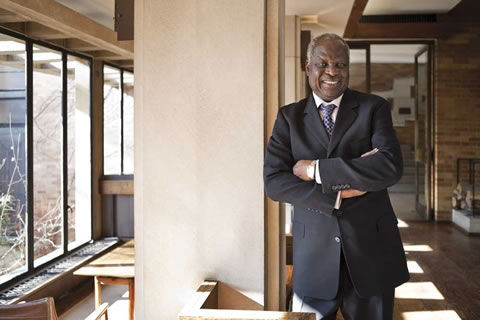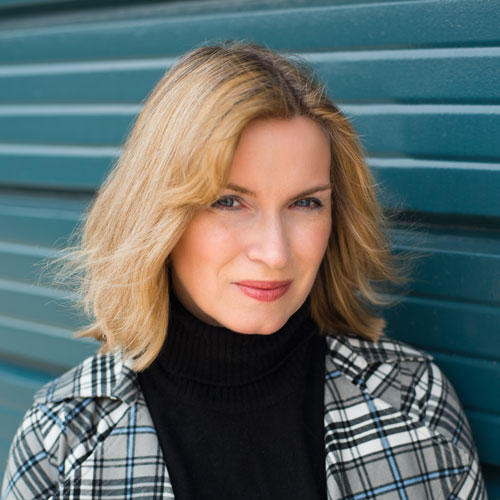Having already enjoyed a long career as a high school principal in Zimbabwe, Clement Jumbe was excited about embarking on a new career path in the 21st century: co-ordinating a national secretariat on AIDS education, as well as running a program to increase learning opportunities for rural schoolchildren.
But by 2005, political strife in Zimbabwe had shattered Jumbe’s dreams. Separated from his family and forced to enter Canada as a refugee, he worried that his life as an educator might be over. Fortunately, U of T’s Scholars at Risk was there to help.
Scholars at Risk – which celebrated its 10th anniversary last year – offers support to academics and graduate students who have fled conditions of political oppression in their homeland. “We give them community, context and the most important thing of all, which is a sense of their former academic life,” says John Fraser, master of Massey College – which administers the program with the School of Graduate Studies. Support can take many forms: when possible, academics are given teaching positions directly within the university. Some have been given assistance to complete graduate studies and have gone on to teach at other schools. The program hosts several scholars within any given year, and has helped some 15 so far.
Scholars at Risk has provided Jumbe with the necessary tools to pick up his working life: room and board, a scholarship, contacts and speaking engagements. “It has made a huge difference,” he says. “If I had not passed through here, I would be an isolated person, with no connections.” Jumbe is completing his doctorate in education at OISE, and plans to seek work in Canada.
Scholars come to the program “by hook or by crook,” says Fraser. “PEN, Amnesty International, church groups – all the usual suspects know that we exist.” Other notable thinkers who’ve benefited include Iranian writer Reza Baraheni, who taught at U of T’s Centre for Comparative Literature and later served as president of PEN Canada, and Martha Kumsa, an Ethiopian journalist who survived 10 years of imprisonment and torture, earned her PhD at the Factor-Inwentash Faculty of Social Work and is now a professor of social work at Wilfrid Laurier University in Waterloo.
Ramin Jahanbegloo – a political philosopher from Iran who was awarded the 2009 UN Peace Prize – is perhaps the program’s best-known academic, having made headlines in 2006 when he was detained without cause in Tehran’s Evin Prison for four months. Jahanbegloo, a political science professor and a fellow at U of T’s Centre for Ethics, believes that scholars have always posed a threat to repressive political systems. “Since the Middle Ages – if not going back to Socrates – scholars, philosophers and poets have always been a danger for tyrannies. They put into question their raison d’être,” he says.
Scholars at Risk is supported by a million-dollar endowment, consisting of funding from the Donner Foundation, the Faculty of Arts and Sciences and private donations – allowing Toronto to benefit from the experience of thinkers such as Jumbe and Jahanbegloo, and vice versa. “In life, you often plan things,” says Jumbe. “But sometimes, things are planned for you.”
Recent Posts
For Greener Buildings, We Need to Rethink How We Construct Them
To meet its pledge to be carbon neutral by 2050, Canada needs to cut emissions from the construction industry. Architecture prof Kelly Doran has ideas
U of T’s 197th Birthday Quiz
Test your knowledge of all things U of T in honour of the university’s 197th anniversary on March 15!
Are Cold Plunges Good for You?
Research suggests they are, in three ways





